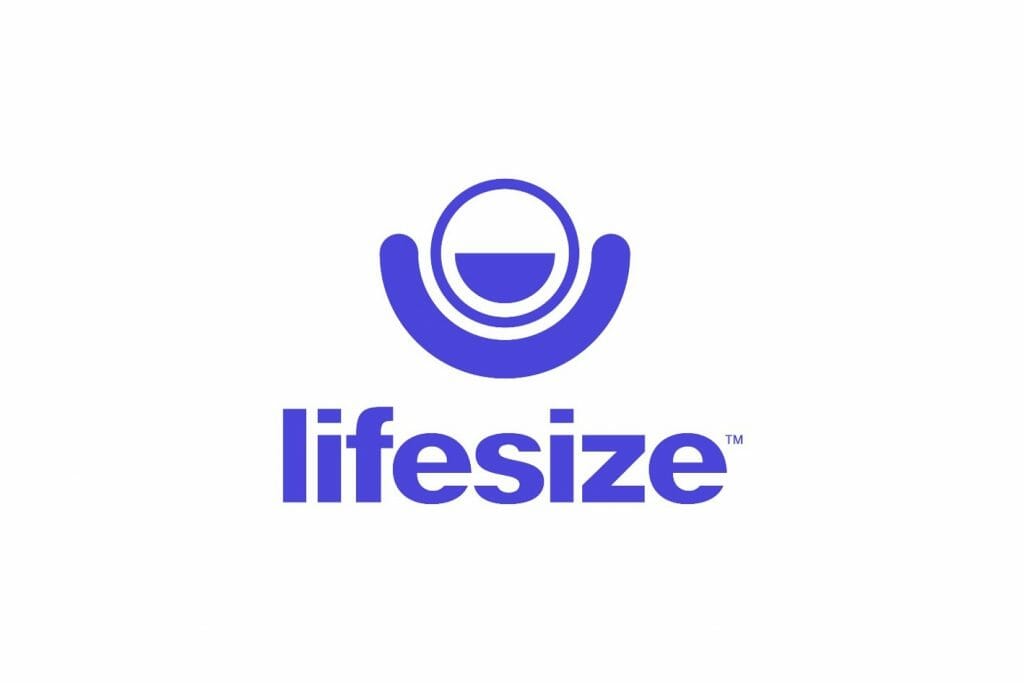Video as a Service (VaaS) vs. on-premise solutions – How companies benefit from cloud video conferencing
Due to the cost reduction, many more companies are using cloud solutions for their video conferencing. The technical infrastructure used for video conferencing is located on a centrally managed server of an operator that can be accessed by users via a browser. This is why the cloud solution for video conferencing is called Video-as-a-Service (VaaS).
On-premise solutions are a complete package of hardware and software in which the end-user realizes the video conferences via their servers. The disadvantage is the comparatively higher investment costs compared to VaaS.
Video as a Service (VaaS) or Cloud services reduces a company’s costs by eliminating the initially high investments: The users utilize the cloud with their existing infrastructure, and the provider supplies necessary components such as databases, storage media or application servers.
When using a VaaS solution, only the video terminals are needed. These can be the classic stand-alone video conferencing systems or desktop solutions from well-known manufacturers such as Polycom, Lifesize, Cisco or Starleaf.
Cost transparency is another advantage of cloud solutions: The costs for maintenance work, updates, configurations, bug fixes, and software licenses are eliminated for the user because the provider supplies the service. The customer only pays for the costs of using the cloud. Cloud solutions are variable, scalable and therefore very adaptable to the individual needs of companies.
Thanks to interconnectivity, cloud services enable switching between different devices. In classic video conferencing systems, a gateway is required due to the proprietary protocols, to enable video switching between systems from different manufacturers. Videoconferencing from the cloud offers users limitless communication beyond networks and protocol specifications. The integration of mobile endpoints is also easy with cloud services, provided that the mobile participant has a stable Internet connection and the software of the video conferencing provider is installed on the device.
The risks of VaaS
- Dependency on the supplier for quality. We recommend concluding contracts with different Service Level Agreements.
- Data protection: For many companies, the server location is an important criterion when selecting a suitable provider. Especially companies that are in global competition attach importance to a VaaS service with server locations within the EU. This ensures that operations and data protection are carried out under applicable European data protection regulations.



